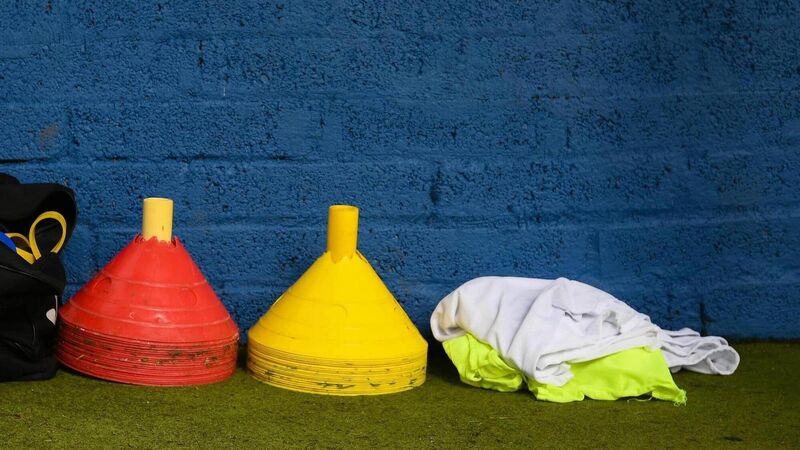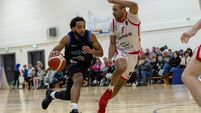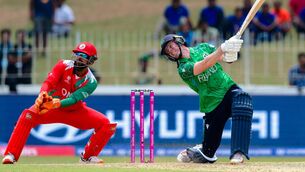Study bids to break down barriers to coaching children with autism

Photo by Stephen McCarthy/Sportsfile
A study into the coaching of young people with autism in community sports has revealed that education about the development disability remains a major challenge.
As part of her doctorate in Mary Immaculate College, Kate O’Brien interviewed 13 Irish coaches across eight individual sports - archery, athletics, kickboxing, rowing squash, surfing, swimming and tennis.











